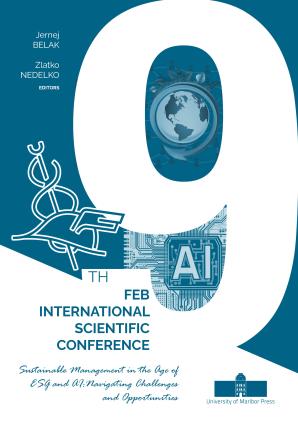Uncovering the Interactions Among Barriers to Sustainable Supply Chain Management: Insights From Kerala’s Leading Textile Manufacturing Industries
Synopsis
This study explores barriers to Sustainable Supply Chain Management (SSCM) in Kerala’s textile manufacturing sector using the ISM-MICMAC approach. It identifies and analyzes ten key barriers: lack of clear policies, financial constraints, poor supplier performance, inadequate infrastructure, high implementation costs, insufficient training, low stakeholder commitment, regulatory challenges, technological limitations, and unfavorable supplier attitudes. Among these, "lack of clear policies and practices" emerges as the most influential root-cause barrier, driving systemic inefficiencies. The findings offer a structured framework for policymakers and industry stakeholders to develop effective SSCM strategies, enhancing operational efficiency and fostering a more sustainable and resilient textile supply chain.
Downloads
Pages
Published
Categories
License

This work is licensed under a Creative Commons Attribution-ShareAlike 4.0 International License.






